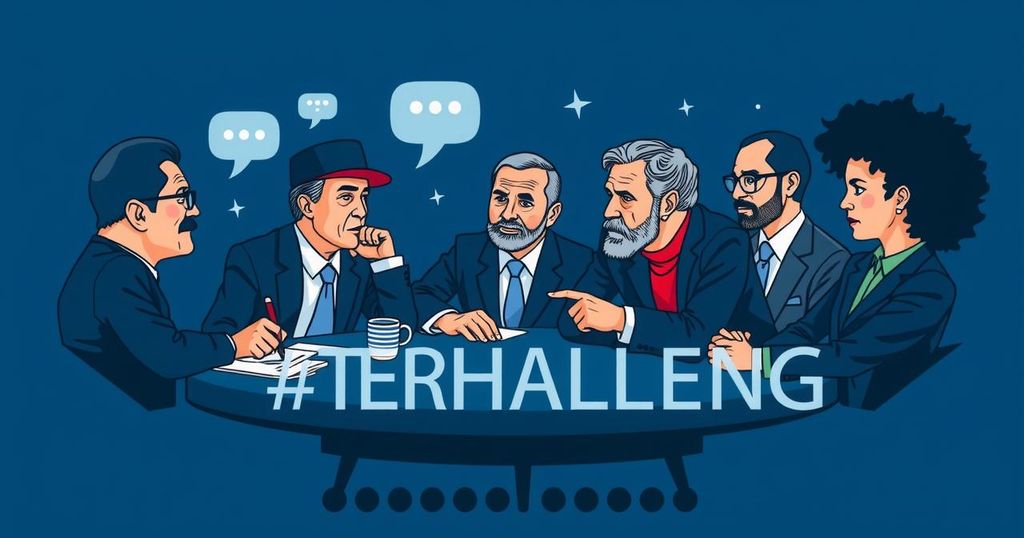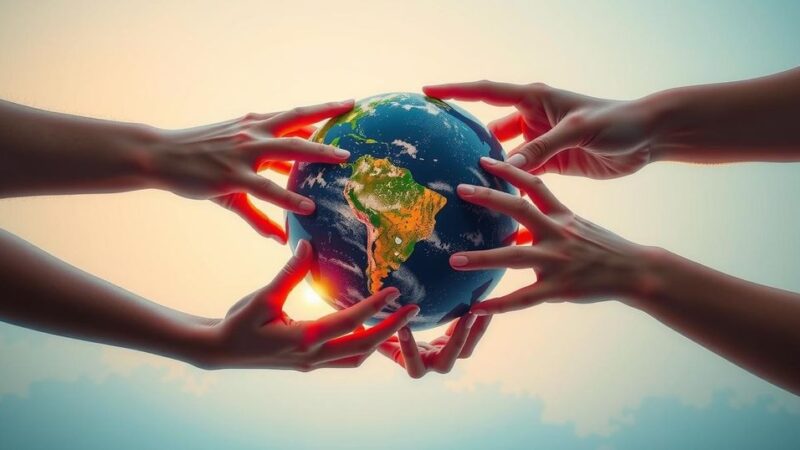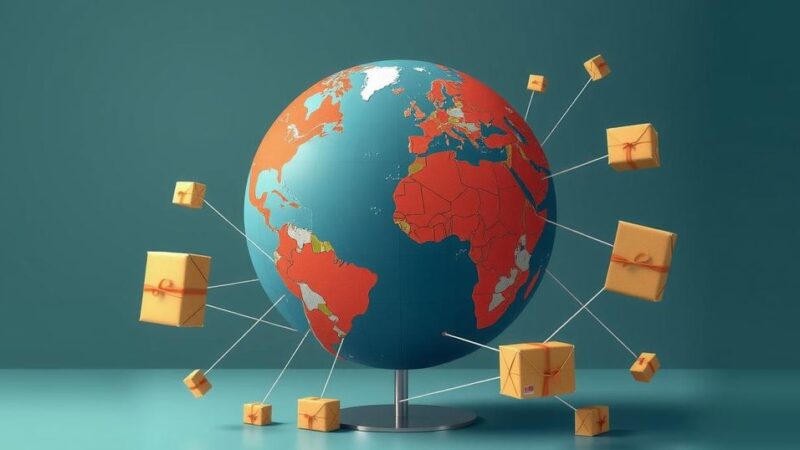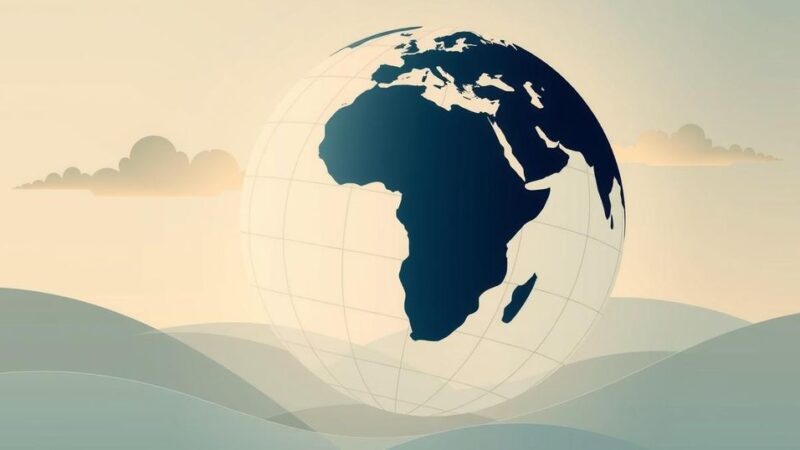Kristalina Georgieva, IMF Managing Director, called for global unity to tackle challenges like inflation and climate change amidst difficult geopolitical circumstances. She acknowledged the progress in lowering inflation rates yet warned that higher prices persist, disproportionately affecting poorer nations. With the upcoming IMF and World Bank meetings, she emphasized the importance of proactive measures to avoid further economic fragmentation.
In a recent address, Kristalina Georgieva, the Managing Director of the International Monetary Fund (IMF), emphasized the urgent need for international unity in addressing the myriad challenges facing the global community, particularly against the backdrop of a “difficult geopolitical environment.” Speaking from Washington, D.C., where the IMF and the World Bank are scheduled to hold their annual meetings, Ms. Georgieva highlighted the ongoing struggle against lackluster economic growth and the existential threat posed by climate change. Ms. Georgieva, who has commenced her second five-year term in her position, acknowledged the positive strides made in combating inflation but cautioned about potential future risks to global economic stability. “The big global inflation wave is in retreat,” she stated, attributing this trend to a mix of decisive monetary policy actions, improved supply chain conditions, and stabilizing prices for food and energy. Despite this progress, she recognized that the impact of higher price levels persists, particularly affecting the most vulnerable economies and populations. Notably, Ms. Georgieva also announced the appointment of Ivory Coast to hold a new third chair for Africa on the IMF’s executive board. This announcement is timely, as it coincides with the heightened geopolitical tensions globally, especially in the Middle East, as well as the lead-up to the impending U.S. presidential election, which has generated further economic discourse. In her remarks, Ms. Georgieva underscored the importance of central banks’ independence and the role of international financial institutions in providing essential support during crises such as the COVID-19 pandemic. However, she also raised alarms about the implications of escalating global conflict. “We live in deeply troubled times,” she asserted, warning that the declining peace dividend following the Cold War could lead to increased military spending at the expense of foreign aid necessary for developing nations. In conclusion, Ms. Georgieva advocated for proactive measures to prevent a further fracturing of the global economy, urging leaders not to succumb to the pervasive uncertainties. She strongly posited that avoiding inaction is crucial in the face of mounting challenges.
The International Monetary Fund (IMF) plays a critical role in the global economy, providing financial assistance and advice to its member countries. In light of recent geopolitical tensions and economic fluctuations, the IMF, under the leadership of Kristalina Georgieva, seeks to address pressing issues such as inflation, global growth, and climate change. As the world faces increased conflicts, particularly in the Middle East, the need for collaborative efforts among nations is more pronounced than ever. The IMF’s annual meetings with the World Bank serve as a platform for key financial leaders to discuss strategies and solutions to these daunting challenges.
The speech by Kristalina Georgieva illustrates the imperative for international collaboration in confronting shared challenges amid a complex geopolitical landscape. While acknowledging progress in combating inflation, she highlighted the persistent struggles faced by vulnerable economies and the necessity for proactive governance and financial support. The call for unity and action reflects a broader understanding that inaction could exacerbate existing global economic divides, particularly in times of crisis.
Original Source: www.barrons.com






